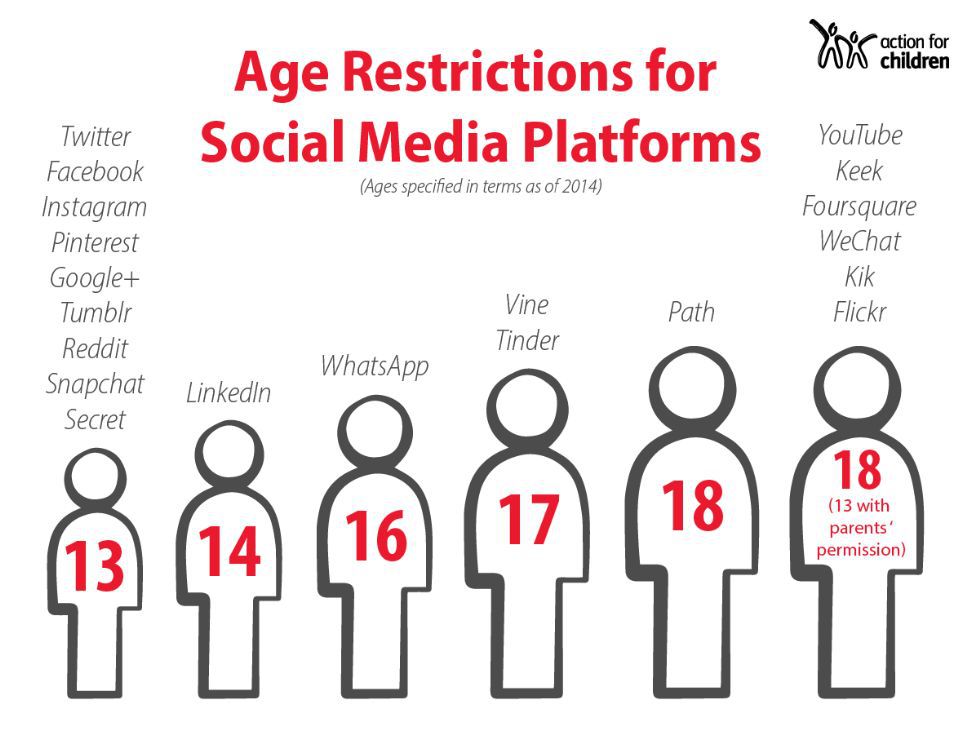E-Safety Advice
Parents’ Factsheet
Know what your children are doing online and who they are talking to. Ask them to teach you to use any applications you have never used. Keeping the computer in a family room means that you can share your child’s online experience – and that they are less likely to act inappropriately (i.e. via webcam).
Help your children to understand that they should never give out personal details to online friends — personal information includes their name, email address, mobile number and any pictures of themselves, their family or friends. If your child publishes a picture or video online, anyone can change it or share it. Remind them that anyone may be looking at their images and one day a future employer could!
If your child receives spam/junk email/texts, remind them never to believe them, reply to them or use them. It’s not a good idea for your child to open files that are from people they don’t know. They won’t know what they contain — it could be a virus, or worse — an inappropriate image or video. Help your child to understand that some people lie online and therefore it’s better to keep online mates online. They should never meet up with any strangers without an adult they trust.
Always keep communication open for a child to know that it’s never too late to tell someone if something makes them feel uncomfortable. Teach young people how to block someone online and how to report them if they feel uncomfortable.
What Parents Should Know about... (Provided by The National College)
|
NEW Sharing Photos Online (PDF) OmeTV (PDF) Amino (PDF) Rumble (PDF) Whatsapp (PDF) Anime (PDF) W App (PDF) Smart TV's (PDF) Threads (PDF) Influencers (PDF) Five Nights and Freddy's (PDF) X/Twitter (PDF) Building Cyber Resiliance (PDF) TikTok (PDF) Omegle (PDF) Hoop (Links with Snapchat) (PDF) Fifa 2023 (PDF) |
NEW Roblox (PDF) Snapchat (PDF) Chatroulette (PDF) Clubhouse (PDF) REC Room (PDF) Discord (PDF) 7 Conversation Topics (PDF) Age Ratings (PDF) Online Grooming (PDF) Instagram (PDF) Live Streaming (PDF) Fortnite (PDF) Grand Theft Auto (PDF) Doki Doki Literature Club (PDF) Fake News (PDF) Scam Emails (PDF) |
How to Use SOS/Emergency Mode on an iPhone (PDF)
How to set up SOS/Emergency Mode on an Android (Google) Phone (PDF)
How to set up SOS/Emergency Mode on a Samsung Phone (PDF)
The 12 Online Safety Tips for Christmas (PDF)
Parent/Guardian Online Radicalisation Information and Support (PDF)
Remote Learning Advice for Parents (PDF)
Supporting Children's Mental Health (PDF)
Social Media and Mental Health (PDF)
* These guides above are provided by The National College.
Age Limits for Social Media Platforms

Useful Websites
Challenges and Hoaxes
- online safety alerts: think before you scare provides information on why sharing warnings can be counterproductive
- the ‘digital ghost stories’ report looks at the impact and risks of hoaxes
- UK Safer Internet Centre provides advice for school on responding to online challenges
- Samaritans shares information about challenges relating to suicide and self-harm research into online suicide challenges
Supporting Children and Young People
- NSPCC: let children know you’re listening
- Childline for free and confidential advice
- What to do if you see worrying suicide and self-harm content online
- Talking safely about suicide online
Support for Parents and Carers
- Thinkuknow: helping adults protect children from online harm
- Internet Matters: helping parents keep their children safe online
- NSPCC: online safety
- London grid for learning (LGfL): online safety
- UK safer internet centre: Tips, advice, guides and resources to help keep your child safe online
- Childnet international: parents and carers toolkit
- Parentzone: experts in digital family life
- LGfL: parents - scare or prepare
- Thinkuknow: what to do if there’s a viral scare online
NSPCC Share Aware Campaign - Social Media advice.
Childnet - Information on keeping children safe online.
Child Exploitation and Online Protection Centre - CEOP Centre’s online safety centre providing advice and tips for children and adults of all ages.
Think You Know - Come in to find the latest information on the sites you like to visit, mobiles and new technology.
UK Safer Internet Centre - Online resources, safety tips and advice for keeping children and young people safe online.

